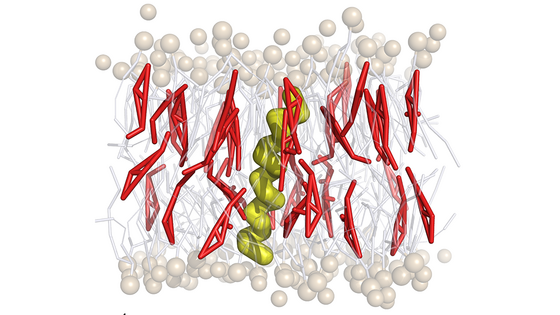High-Performance Computing Center Stuttgart

A new computational method combines machine learning and physics-based simulations to reveal a surprising explanation of cholesterol–protein attraction in cell membranes.
As a German national high-performance computing (HPC) center affiliated with the Gauss Centre for Supercomputing and the University of Stuttgart, HLRS offers world-class supercomputing power and solutions to support scientific discovery and industrial innovation.
Mar 10 - 13, 2026
Hybrid, Stuttgart
English
Mar 10 - 12, 2026
Paphos, Cyprus
Mar 16 - 17, 2026
Stuttgart
Mar 18, 2026
Online
Mar 19 - 20, 2026
Stuttgart
Funding for HLRS supercomputers is provided by the German Federal Ministry of Research, Technology and Space through the Gauss Centre for Supercomputing, and the Baden-Württemberg Ministry for Science, Research and Arts.